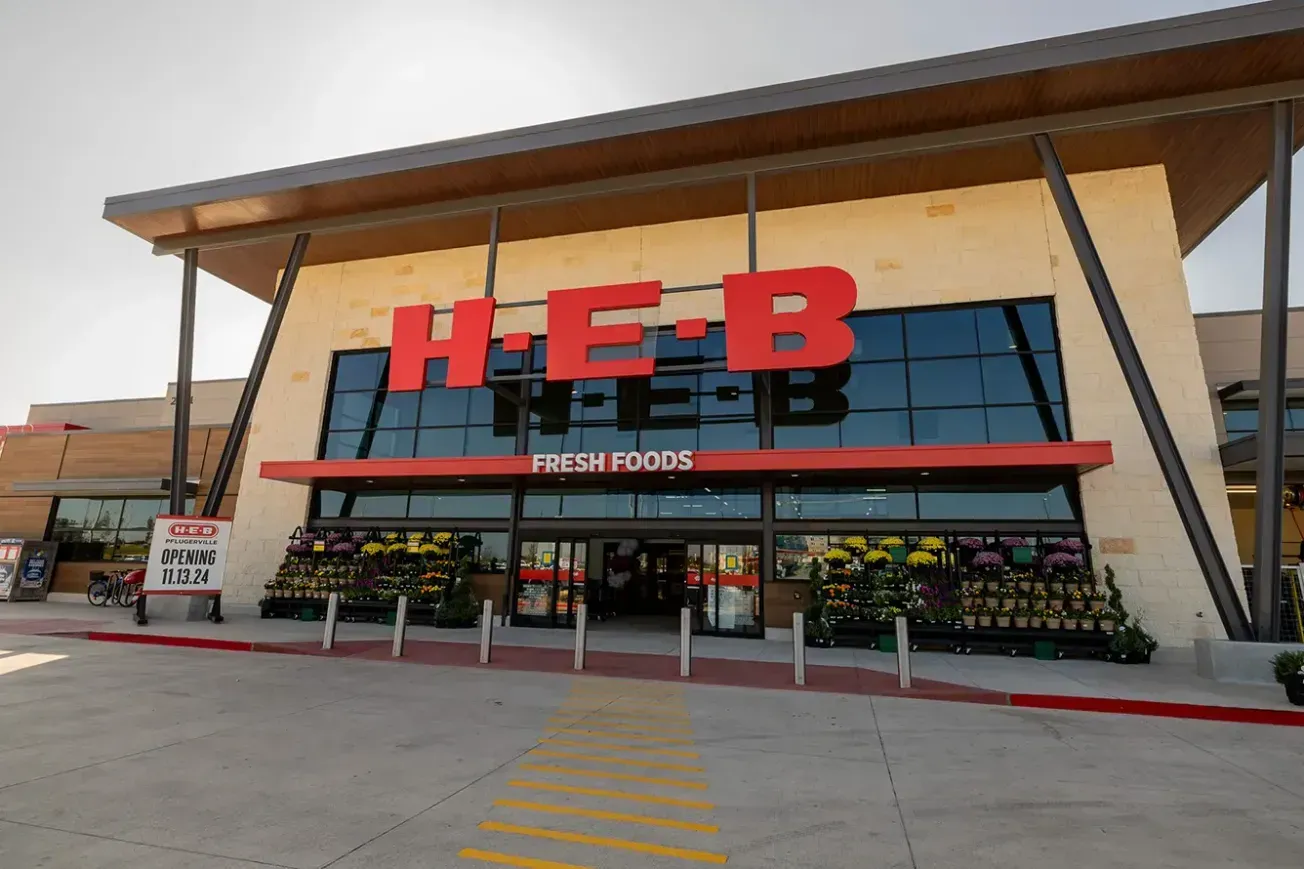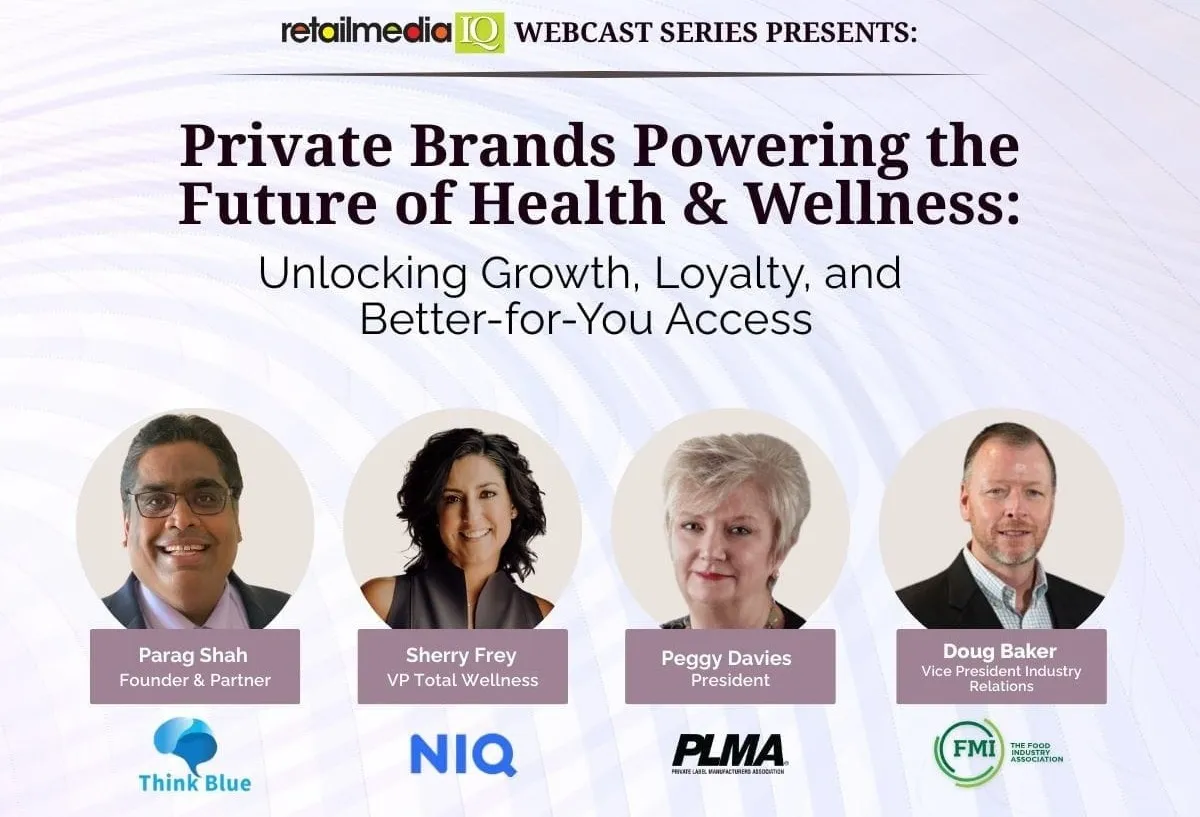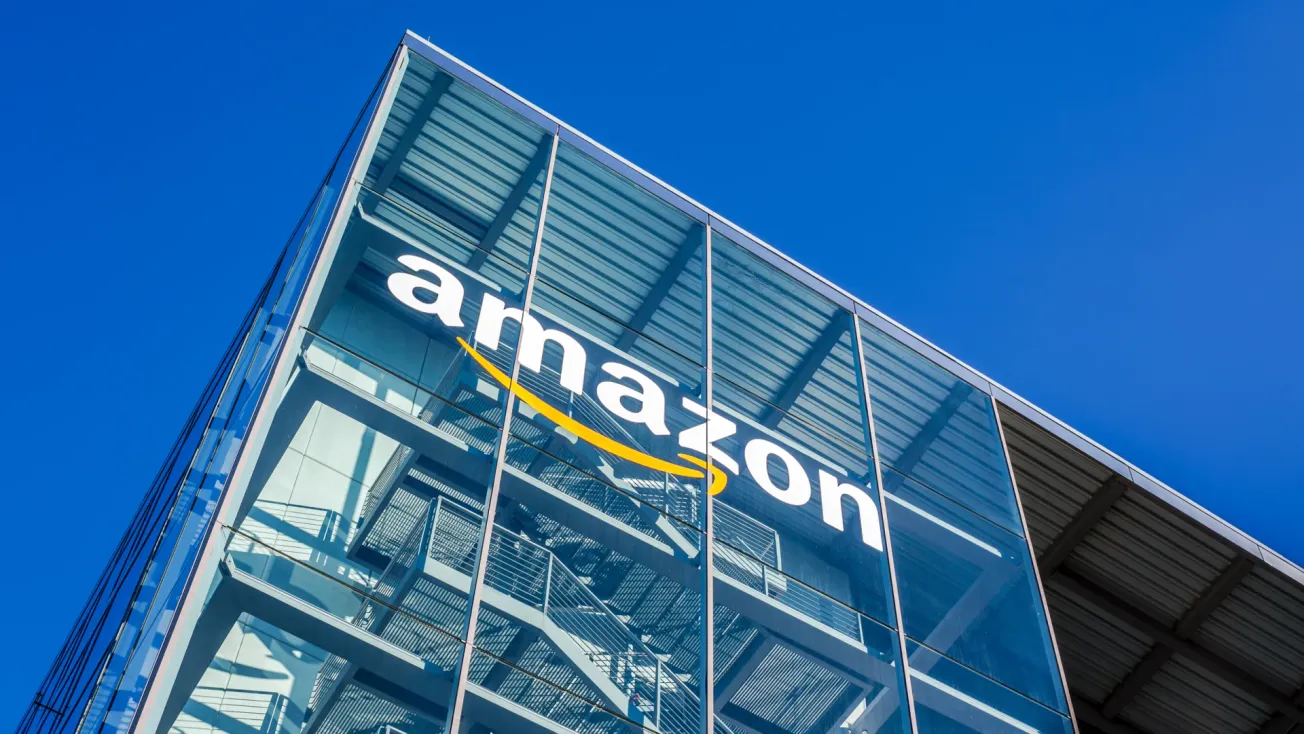By Deborah Weinswig
Technology is significantly reshaping the U.S. retail industry, with artificial intelligence innovations and digital advancement driving operational efficiency, enhancing consumer engagement and improving retail management. The drug store and pharmacy sector is no exception to this trend, especially as consumer expectations rise and health care becomes increasingly digital. Advanced technologies are not only streamlining operations but also enhancing the customer and patient experience. Coresight Research has identified three key technologies driving this transformation: prescription fulfillment technologies, AI care analytics and digital customer engagement tools. To remain competitive in this market, drug stores and pharmacies must adopt these innovations to cut costs, boost efficiency, and deliver personalized care and shopping experiences.

• Prescription fulfillment technology: central fill — AI is transforming pharmacy operations by automating routine tasks, easing administrative burdens and allowing pharmacists to focus more on patient care. However, many potential in-store automation technologies — such as robotics — are costly and currently limited by safety regulations. As a result, retailers are instead investing in central-fill facilities where automation can be fully leveraged to improve efficiency and enable pharmacists to provide more personalized service.
Central-fill options offer multiple advantages: They can save pharmacists over 45 minutes per 100 prescriptions filled, according to the American Pharmacists Association, freeing up time for more personalized customer care. They also enable faster, more efficient direct-to-patient delivery, reduce prescription wait times, and help ensure greater drug availability across stores, all of which are critical factors when shoppers are choosing a pharmacy.
Medicine/prescription availability is the second-most-widespread reason why consumers choose to shop at their favorite drug store or pharmacy, with just over two in five sector shoppers (42.9%) citing it in a U.S. consumer survey conducted by Coresight Research on January 20. Additionally, nearly one in five sector shoppers (19.2%) cite “less waiting time” as a key reason for choosing to shop at a drug store or pharmacy.
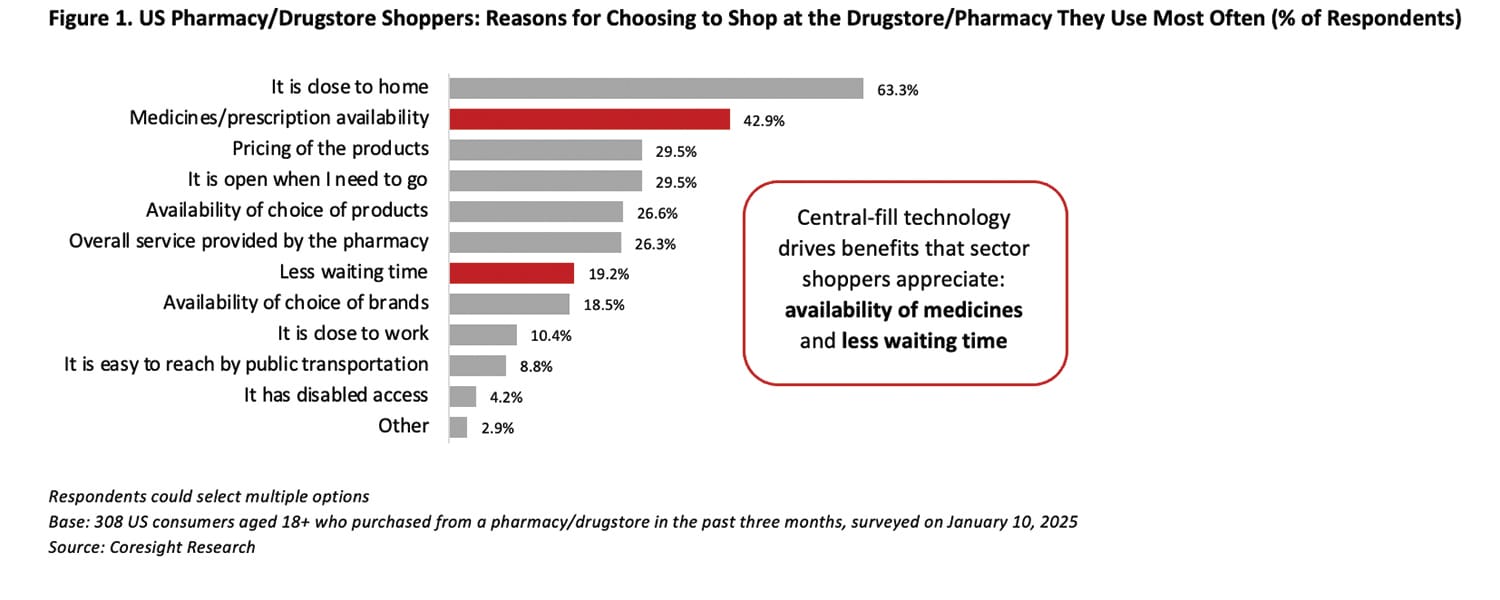
Walgreens Boots Alliance (WBA) uses robots at its central-fill facilities to fill thousands of prescriptions, according to the company. Per WBA, each robot can fill 300 prescriptions an hour, which is nearly equal to the amount that a normal Walgreens pharmacy with a small staff can complete in a day. Furthermore, on a recent earnings call, WBA reported that its micro-fulfillment centers serve about 4,800 stores and that shipped volumes from these centers were up 23% year over year in fiscal 2024, while the cost to fill a prescription was down 13%. Ultimately, these improvements allow WBA pharmacists to spend more time on patient care and clinical services.
• AI care analytics — AI enhances care delivery by generating data-driven insights that enable more personalized treatments. By analyzing vast volumes of clinical data, AI can uncover hidden patterns in care approaches and patient outcomes — unlocking opportunities for more-effective, evidence-based interventions.
For example, in diabetes care, AI algorithms are able to assess data from prescription claims, lab tests, blood glucose levels, and a participant’s social and demographic data to identify gaps in diabetes care routines and formulate personalized solutions. For instance, CVS Health’s Transform Diabetes Care program has enabled participants with uncontrolled diabetes to achieve up to a 1.9% reduction in their A1c levels (a measure of blood sugar), while 50% of program members with “uncontrolled diabetes” have moved to “controlled diabetes” status due to the program.
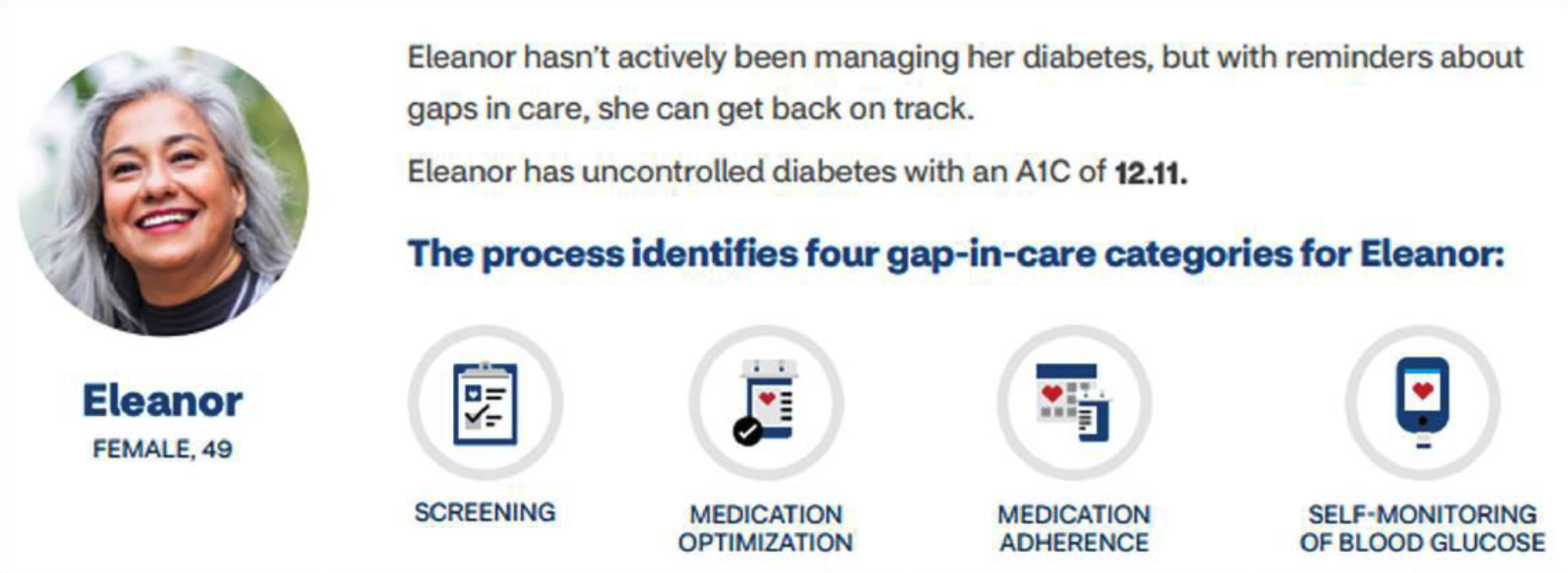
There are several additional use cases for how a pharmacy can use AI to personalize care. For example, pharmacists are better able to identify risks and assist patients in adhering to their medication regimes with AI. AI can also recommend new medication regimens while considering clinical guidelines, diagnoses and risk factors, among other factors. Finally, AI can help identify safety protocols around drug-drug interactions.
• Digital customer engagement tools — Retailers are investing in digital tools to enhance both convenience and engagement across the pharmacy experience. In the pharmacy department, mobile apps are streamlining tasks such as prescription management, appointment scheduling and health tracking, while AI is being used to improve medication adherence and reduce the need for repeat visits. In the front end of the store, location-based technologies such as geofencing are helping retailers deliver timely, personalized promotions that drive loyalty and boost sales, while AI-driven analytics are driving personalized online experiences that deepen customer loyalty. Together, these innovations reflect a broader push to simplify health care and create more seamless, personalized shopping journeys.
Patient pharmacy engagement
Online apps are now able to offer a range of services, allowing users to manage prescriptions, schedule immunizations, track health spending and more. Key features in best-in-class apps include faster in-store pickup options, AI-powered search features and wellness content.
CVS Health launched a new app in January that is designed to improve access, affordability and convenience for its 60 million digital customers. Included in the app is an AI-powered personalization tool, ScriptSync, which coordinates refills, improves drug adherence and spares ill patients from needing to make multiple pharmacy trips. According to the company, prescription benefit management members using ScriptSync have improved their adherence by 6% to 10%.
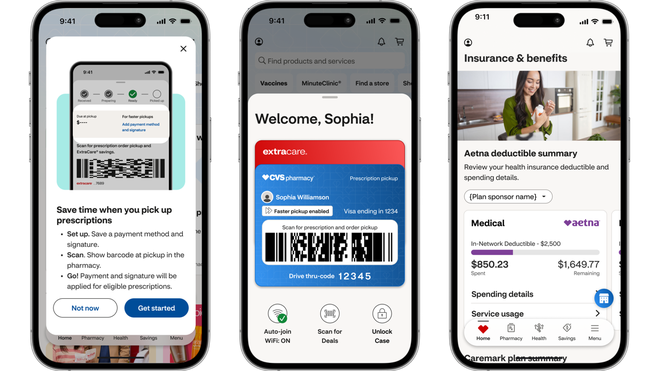
Front-end personalization and loyalty
Retailers are leveraging several technological advances to drive improved engagement and loyalty both in-store and online. In physical stores, geofencing technology (also known as beacon technology) delivers real-time, location-based notifications to shoppers’ mobile devices, enhancing in-store engagement and prompting the use of digital coupons and loyalty rewards. Online, retailers are using first-party loyalty data and advanced analytics to create more personalized and seamless shopping experiences.
• Retailers are turning to geofencing technology to better engage with customers in-store. Beacon technology allows the retailer to deliver location-based notifications to customers’ cell phones when they are in or near a store through Bluetooth, low-energy (BLE) technology. When consumers are near a store, they receive a mobile alert that, when opened, will take them to the retailer’s app, rewards card or coupon list.
• Online, retailers are using AI to deliver personalized product recommendations, promotions and experiences by analyzing customer purchase history, preferences and behavior. By anticipating customer needs and streamlining interactions, AI enables more-relevant and engaging shopping journeys that drive loyalty and increase sales. For example, Kroger uses its data analytics subsidiary, 84.51°, to analyze first-party data from over 62 million U.S. households sourced via the Kroger Plus loyalty card program.
What we think
Like all retail sectors, drug retail is undergoing a significant transformation driven by rapid technological advancement. What sets this sector apart is the unique opportunity to enhance and personalize both the consumer experience and the delivery of clinical care. Central-fill prescription automation, AI-powered personalization care management and digital engagement tools are helping retailers streamline operations, enhance care and meet growing consumer expectations for speed, convenience and tailored service.
This transformation begins with automation within the pharmacy, where central-fill technology frees up pharmacists’ time and ensures timely medication availability. That time can then be reinvested in more personalized patient care, guided by AI-driven clinical insights and care management tools. To enhance customer engagement, retailers can deepen customer relationships through digital platforms that support health management, while technologies such as geofencing and AI analytics power personalized experiences both in-store and online.
Deborah Weinswig is founder and chief executive officer of Coresight Research.


